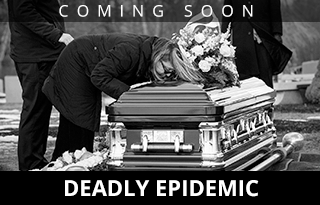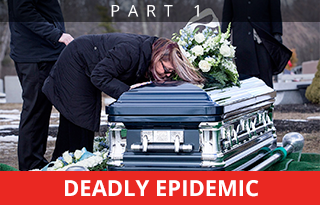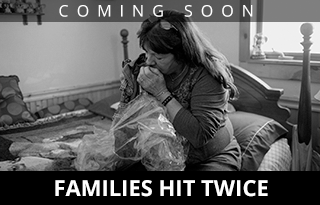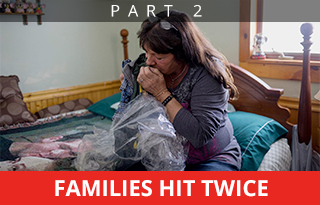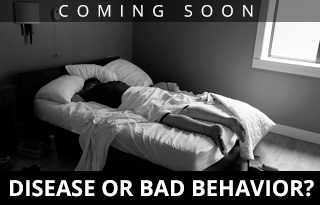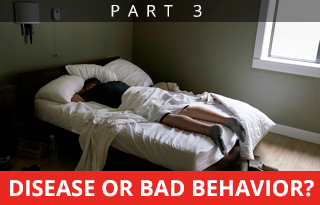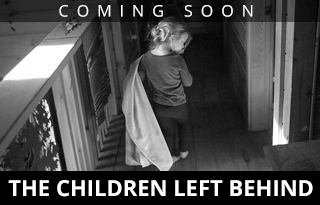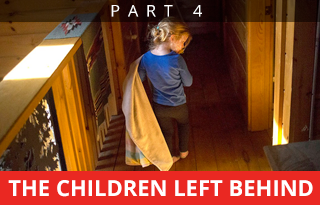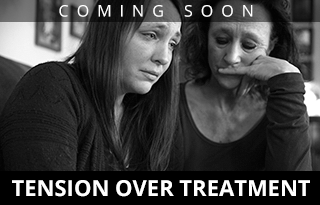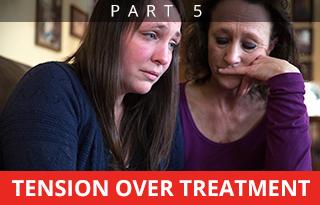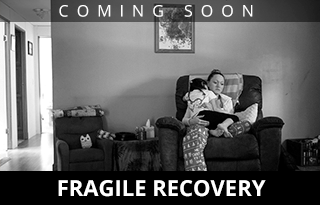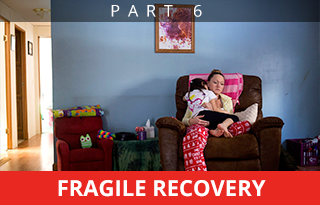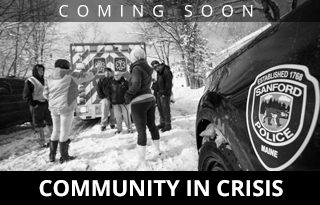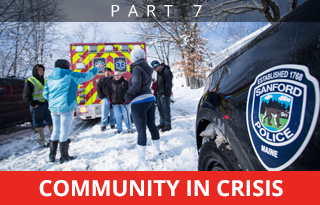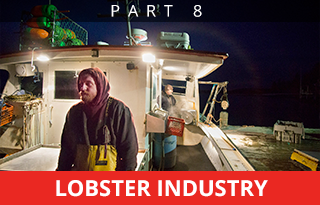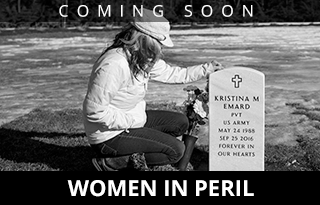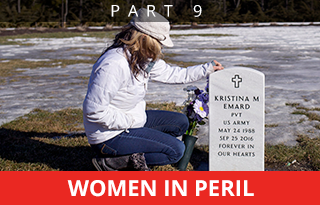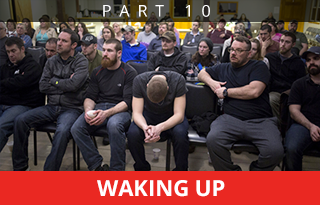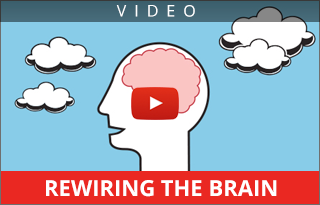Four years ago, fewer than 4 percent of the families who visited the Center for Grieving Children, a Portland nonprofit formed to help children who lost a parent to cancer, had experienced an overdose death.
Last year, about 14 percent of the families served at the Portland nonprofit lost a loved one to drug addiction – more than a threefold increase.
“We get a lot of calls, ‘How do I explain to my child what happened to their parent? Should I tell them the truth about how their parent died?'” said Susan Giambalvo, the center’s program director.
The center began to mine the limited field of research on children and grief after an overdose. A child’s ability to understand will differ based on age and prior knowledge of the parent’s substance use.
But the first piece of advice is always the same: Tell the truth.
“We always recommend being honest with children about the cause of somebody’s death,” Giambalvo said. “What we find is when children don’t get accurate and correct information, what they imagine or how they imagine it is more distressing to them than knowing the truth.”
Children are also very likely to discover the truth as they get older. A guide from Our House Grief Support Center in California notes that hiding the real cause of a parent’s death could damage a child’s relationships in the future.
“When they find out that they were not told the truth, they will be angry at those who lied to them and may have trouble trusting others in interpersonal relationships,” the guide states.
To start a conversation about an overdose, Giambalvo and other experts say to use simple terms.
“There is language you can use to provide a very simple yet accurate explanation for kids,” Giambalvo said. “You can build on that over time.”
One possible way to explain an overdose to a young child is to say the parent had too much of something that was bad for his or her body. The online resource “What’s Your Grief” offers some examples: “Death means the body has stopped working,” and “An overdose is when someone takes too much of a medicine or the wrong medicine and it makes their body stop working.”
An older child might understand what drugs are without having a good understanding of addiction. In that case, explaining addiction as an invisible disease may help the child come to terms with the parent’s death.
These simple explanations also help children when they want to tell another person about a parent’s death. Our House Grief Support Center suggested concise narratives for children: “She died from an accidental overdose.” A less detailed explanation might be: “She died from addiction.”
Giambalvo also recommended seeking out community support after an overdose death. At the Center for Grieving Children, adults and children can participate in support groups together or separately.
Many families want to hide a victim’s addiction because they feel what Giambalvo called “disenfranchised grief.” Their mourning is marred by anger or blame related to their loved one’s substance use. They feel guilt or regret related to the person’s death. They are isolated by the stigma associated with addiction.
“The main thing for families and especially for children is realizing that they are not alone,” Giambalvo said. “There are other people going through something similar.”
Send questions/comments to the editors.



